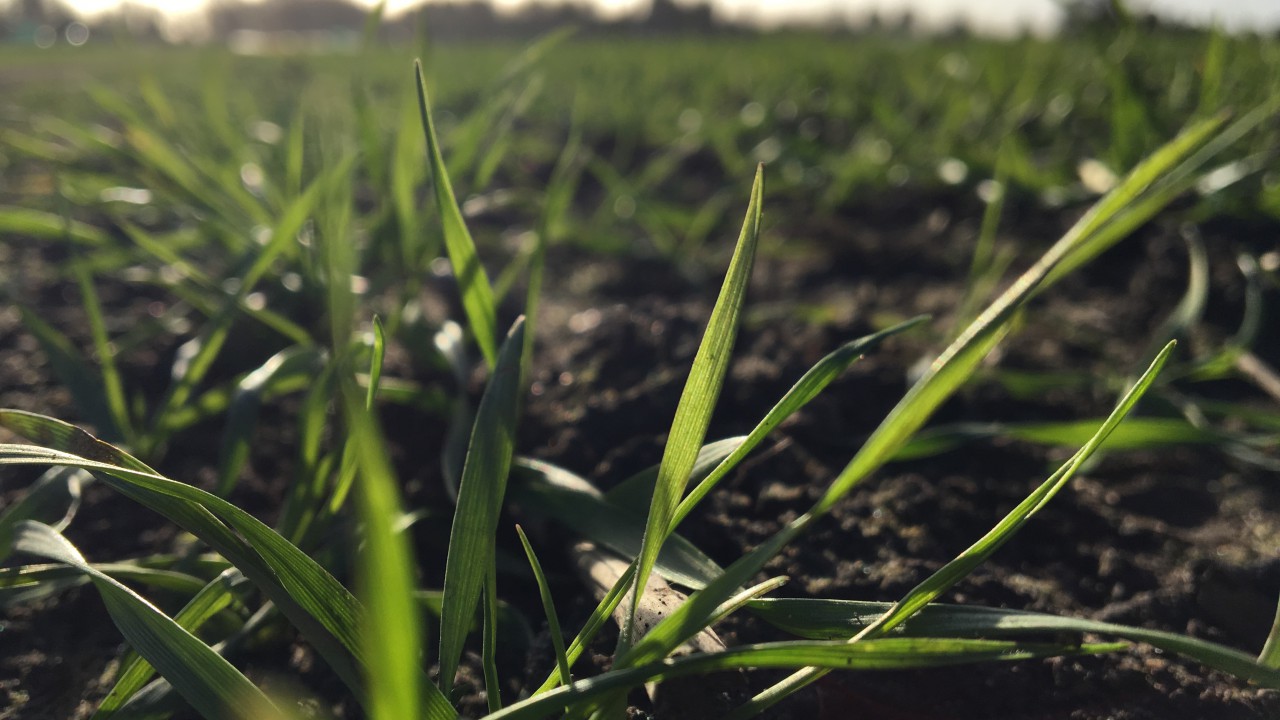The Down to Earth regenerative farming event has been hailed as one of the most “influential agri-food events to take place this year” after 1,700 visitors attended the inaugural event this week.
Almost 1,500 farmers, industry representatives, and 200 exhibitor personnel were at the one-day event organised by the RABDF and hosted by dairy and beef farmer Tim Downes and his family in Shropshire.
More than 40 leading experts covered topics from basic principles of regenerative farming to specific details on agroforestry, soil health and grassland management.
Professor Jude Capper opened the event with a talk on regenerative farming and its principles.
She stressed the importance of how soils are central to the food we eat and the need to protect them.
“Soil is a finite resource that takes hundreds of years to build up, so we must protect it. Almost all the food we eat comes directly or indirectly from the soil.”
She explained how regenerative farming wasn’t prescriptive, with its principles applicable to every farm worldwide. She also described how livestock are an integral part of a sustainable system.
“In terms of nutrient cycles and circular agriculture, livestock have a real part to play in a food secure, sustainable future.
Keynote speaker at Down to Earth, Stephanie Race, founder and CEO of Earth Labs, followed on from Prof. Capper and explained how adopting some regenerative farming principles could help farmers become less exposed to the turbulent markets.
Race said:
“Today, livestock farmers are faced with increasing costs of fuel, feed, and fertiliser, that when coupled with more frequent extreme weather events, results in pressure on farm profitability.
“However, we should view this as an opportunity for regenerative agriculture to de-risk livestock farming to enhance soil health and biodiversity while creating the foundation for farm profitability through nutrient independence.

